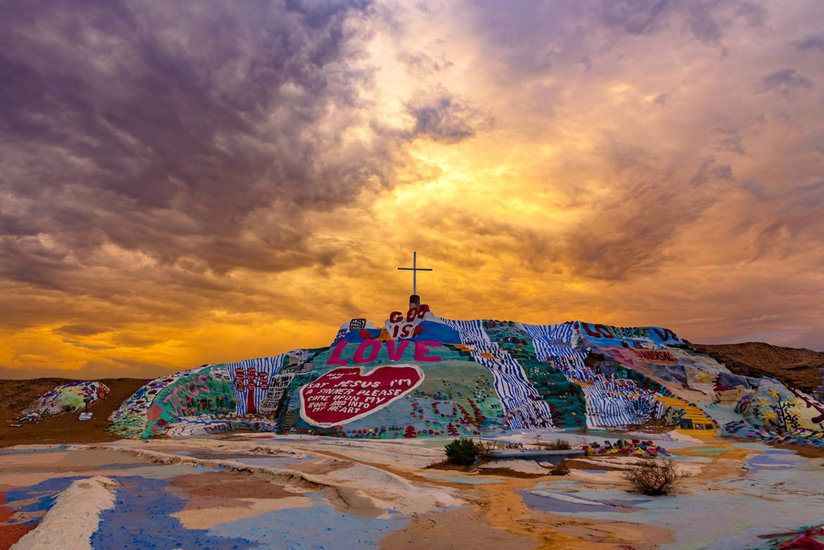
-
HOME
-
WHAT IS STANDOur Mission Our Values Our Help Contact
-
WHAT WE FIGHT FORReligious Freedom Religious Literacy Equality & Human Rights Inclusion & Respect Free Speech Responsible Journalism Corporate Accountability
-
RESOURCESExpert Studies Landmark Decisions White Papers FAQs David Miscavige Religious Freedom Resource Center Freedom of Religion & Human Rights Topic Index Priest-Penitent Privilege Islamophobia
-
HATE MONITORBiased Media Propagandists Hatemongers False Experts Hate Monitor Blog
-
NEWSROOMNews Media Watch Videos Blog
-
TAKE ACTIONCombat Hate & Discrimination Champion Freedom of Religion Demand Accountability
Religion Is Man’s Salvation
In school we studied about wars.
From these studies and experiences growing up, it seemed to me we were always at war. As we are now. When I was 14, America was fighting in Vietnam. As a teenager, I believed that young men like me had no choice but to go fight in wars, and, if we were lucky—like winning the lottery—we wouldn’t be killed… and we could then live out the rest of our lives while other, younger men would take up arms in the next conflicts.
And that was the way I thought it was supposed to be.
Growing up in the ’60s and ’70s was a bit terrifying. My grade school had a bomb shelter just waiting for us to stow away in once the big one was dropped. This definitely caused some anxiety growing up. Couldn’t something be done about it? Don’t our world leaders realize what a catastrophe they would cause if we engaged in a nuclear exchange? Why, I asked, was our race so intent on destroying itself… and where was God in all this? Why doesn’t he (or she) intervene on behalf of all the good people, the believers?

This paranoid period of my life wasn’t without an upside. Thinking about mutually assured destruction led me to look for answers, which led me to religion. I was raised Jewish, but most of what I read in Hebrew school and the Torah was in Hebrew. I could pronounce the words but had no idea what they meant. I sought answers from other religions and studied Buddhism and Christianity. With Christianity I couldn’t wrap my head around the whole “hell” thing—that, for those that didn’t accept the savior, there was an eternity waiting for them in burning flames. How could my grandparents, who were good and religious Jews, suffer such a fate for not following Christian beliefs? It was a hard pill to swallow. My friend’s dad, who was raised Jewish, told me that he accepted Christ as an insurance policy against hell!
So I continued searching and, at the age of 24, I read the most important book of my life: Dianetics. In Dianetics, I didn’t see a religious component, but a scientific discovery that could resolve the problems of the mind. This led me to learn about the philosophy of the author, L. Ron Hubbard, which ultimately led me to Scientology, which became my chosen religion.
The purpose of religion, in my reasonably learned opinion, is to give man a path for salvation and hope while enduring the arduous tribulations of this chaotic planet.
Attaining a high level of training and spiritual enhancement over the years in Scientology has driven me to the decision to become an ordained minister of my religion, and Hubbard, in his vast wisdom, determined that for one to be ordained as a Scientology minister, he or she must also gain a solid grounding in—and respect for—all other religions, which brings me to the point of this article:
Religion is the key to man’s salvation. It’s not technology, although that helps, it’s not science, nor politics, but religion. The word “salvation” means “preservation or deliverance from harm, ruin or loss.” For some, it also means “deliverance from sin and its consequences.”
In my studies, I paid close attention to the commonalities across religions, why they exist, what their core beliefs are, how they came about, and what their scriptures say. What’s uncanny is just how much they all share.

The purpose of religion, in my reasonably learned opinion, is to give man a path for salvation and hope while enduring the arduous tribulations of this chaotic planet. Religion was born to resolve the most rudimentary questions man has such as “why do we exist?” “who or what created us, the heavens and the earth?” or “is there an afterlife?” One need only study the basic scriptures of the world’s major religions to see this common thirst for knowledge at their core—an inquisitiveness which was used to derive what now comprises them all.
Nearly all of the world’s religions—not just the Abrahamic religions of Islam, Judaism and Christianity, but most eastern religions, too, like Hinduism, Buddhism, Jainism, Taoism, Sikhism and Parsism—have these common geneses: man is a spirit, man seeks salvation, good acts relate to favorability in the future (whether here on earth, such as Karma, or heaven and hell) and, in most cases, man can know God and have a relationship with the creator. Perhaps 17th-century scholar Robert Burton put it best when he said: “One religion is as true as another.”
So, according to religious prophets and scholars, when the scriptures of these religions are properly adhered to, the results are the salvation of mankind, in all definitions of the word “salvation.” This, as a starting point, could open the door to creating a beautiful existence on Earth.
So why, with all these common beliefs amongst the world’s religions, would I have chosen to be a Scientologist? Here’s my answer: like all great religions, Scientology seeks the salvation of mankind and his spiritual enlightenment. Unlike other religions, Scientology applies uniquely practical and effective technology to achieve these results, right in the here and now. Although many Scientologists believe in the “Author of the Universe,” Scientology goes beyond faith, as such, and provides a path for parishioners to achieve higher states of spiritual awareness in this lifetime. These tools and teachings are the path to achieving the aims of Scientology:
“A civilization without insanity, without criminals and without war, where the able can prosper and honest beings can have rights, and where Man is free to rise to greater heights…” — L. Ron Hubbard.
Though it is up to each of us to choose which religious path to follow, religion, period, is worth it. Beyond individual improvement, it unites us in a common goal of a better world—one which, for future generations, erases the fears I suffered in my youth.









